Oct. 9, 2025 –
By: Suraj Karowa

As the world awaits Friday’s announcement of the 2025 Nobel Peace Prize in Oslo, U.S. President Donald Trump has struck a characteristically defiant tone, downplaying his chances while touting a string of diplomatic triumphs that he claims make him the most deserving candidate in history.
Speaking to reporters at the White House on Wednesday, Trump dismissed speculation about his prospects with a shrug and a quip. “I have no idea,” he said when asked if he believed he could win the prestigious award, set to be revealed by the Norwegian Nobel Committee. “Marco would tell you we settled seven wars. We’re close to settling an eighth. I think we’ll end up settling the Russia situation… I don’t think anybody in history has settled that many. But perhaps they’ll find a reason not to give it to me.”
The “Marco” in question is likely Marco Rubio, Trump’s Secretary of State, who has been a vocal advocate for the administration’s foreign policy resets. Trump’s offhand remark underscores his long-standing frustration with the Nobel panel, which he has accused of political bias against him. During his first term, Trump was nominated multiple times but never shortlisted, fueling his repeated public assertions that he deserves the prize for “doing what nobody has done.”
This year’s buzz around Trump’s candidacy stems from a flurry of high-profile nominations and his aggressive push for Middle East peace. Israeli Prime Minister Benjamin Netanyahu nominated him in July, citing the expansion of the Abraham Accords, which normalized ties between Israel and several Arab nations during Trump’s first term. Pakistan’s government followed suit in June, crediting Trump with de-escalating border tensions with India earlier this year—though New Delhi has firmly denied any U.S. mediation role in the May ceasefire between the nuclear-armed neighbors.
U.S. Rep. Claudia Tenney, R-N.Y., also publicly announced her nomination of Trump alongside Netanyahu and former Israeli Defense Minister Yoav Gallant, praising their work on the Abraham Accords. Other backers include Cambodian Prime Minister Hun Manet, a Ukrainian politician (whose nomination was later withdrawn amid stalled Russia-Ukraine talks), and legislators from Sweden and Norway. The Israeli Hostages Families Forum echoed the sentiment this week, urging the committee to honor Trump’s “unwavering commitment” to freeing captives held by Hamas since October 7, 2023—though this endorsement came after the January 31 nomination deadline and thus can’t formally count for 2025.
The Nobel Foundation keeps nominees secret for 50 years, but with 338 candidates this year—244 individuals and 94 organizations—Trump’s name looms large in public discourse. Betting odds from FanDuel place him just behind frontrunners like Yulia Navalnaya, widow of Russian dissident Alexei Navalny, and Sudan’s Emergency Response Rooms aid group. Yet experts remain skeptical. “It’s simply not possible to award someone the Nobel for a deal that he has only just started last week,” said analyst Maira Butt, referring to Trump’s fresh Gaza initiative. Norwegian political scientist Janne Haaland Matlary added that the committee often prioritizes long-term, grassroots efforts over headline-grabbing diplomacy.
At the heart of the speculation is Trump’s bold 20-point Gaza peace plan, unveiled last week amid a renewed international outcry over the 20-month-old conflict. The proposal, which Israel has accepted and Hamas is negotiating, calls for an immediate ceasefire, phased Israeli withdrawal from Gaza, the release of all remaining hostages (estimated at 101), and a demilitarized Palestinian territory under interim oversight by the Palestinian Authority. In return, Hamas would disband its military wing, with international guarantees for reconstruction and economic aid.
Trump hailed the plan as a “big day” in a Truth Social video on Friday, noting Hamas’s “yes, but” response—conditional on full withdrawal and no disarmament demands. By Saturday, Israel agreed to an “initial withdrawal line,” halting airstrikes temporarily and paving the way for hostage exchanges. “This is a win. Take it,” Trump reportedly snapped at Netanyahu during a tense call, according to Axios, after the Israeli leader downplayed the progress.
On Sunday, leaving the White House for a Navy event, Trump doubled down, warning Hamas of “complete obliteration” if it clings to power. “Negotiations with countries from all over the world have been very successful and proceeding rapidly,” he posted on Truth Social, emphasizing talks involving Arab, Muslim, and Western nations. He even floated a potential Middle East trip by week’s end if a deal materializes, calling it a step toward “long-sought peace.”
The stakes couldn’t be higher. The Gaza war, which erupted after Hamas’s deadly attack on Israel, has claimed over 42,000 Palestinian lives and 1,200 Israelis, per official tallies, displacing millions and sparking global protests. Trump’s intervention—brokered with Qatar and Egypt—has drawn cautious praise from allies but sharp rebukes from critics. Chicago Mayor Brandon Johnson and Illinois Gov. J.B. Pritzker accused him of “full-blown authoritarianism” in a separate ICE-related spat, while 21 U.S. lawmakers urged him to “repair and reset” ties with India amid tariff disputes.
Beyond Gaza, Trump credits his administration with resolving flashpoints from Armenia-Azerbaijan to the Democratic Republic of Congo-Rwanda, and inching toward a Russia-Ukraine truce. “We’re close to settling an eighth,” he boasted, alluding to Moscow’s standoff with Kyiv. Yet many of these “settlements” remain fragile: the India-Pakistan truce holds but tensions simmer; African ceasefires are monitored by UN peacekeepers; and Ukraine’s front lines have seen no major pullback.
The Nobel Peace Prize, established by dynamite inventor Alfred Nobel’s 1895 will, honors those who advance “fraternity between nations” and disarmament. Past winners include Martin Luther King Jr., Malala Yousafzai, and the International Committee of the Red Cross. Last year, it went to Japan’s Nihon Hidankyo for anti-nuclear advocacy. Trump’s polarizing style—marked by climate denial and threats of military force—could sway the five-member Norwegian committee against him, as it did in 2018 when he was nominated for North Korea talks.
As Oslo prepares for Friday’s reveal, Trump’s White House is abuzz with optimism tempered by realism. “They’ll never give me a Nobel,” he told Netanyahu in February. “I deserve it, but they will never give it to me.” Whether that’s bravado or prophecy, the 45th president’s peace push has undeniably reshaped global fault lines. In a year of cascading crises—from Yemen missile strikes to European Gaza protests—the prize could either crown a disruptor or snub him spectacularly, underscoring the Nobel’s enduring tension between power and principle.
Discover more from AMERICA NEWS WORLD
Subscribe to get the latest posts sent to your email.
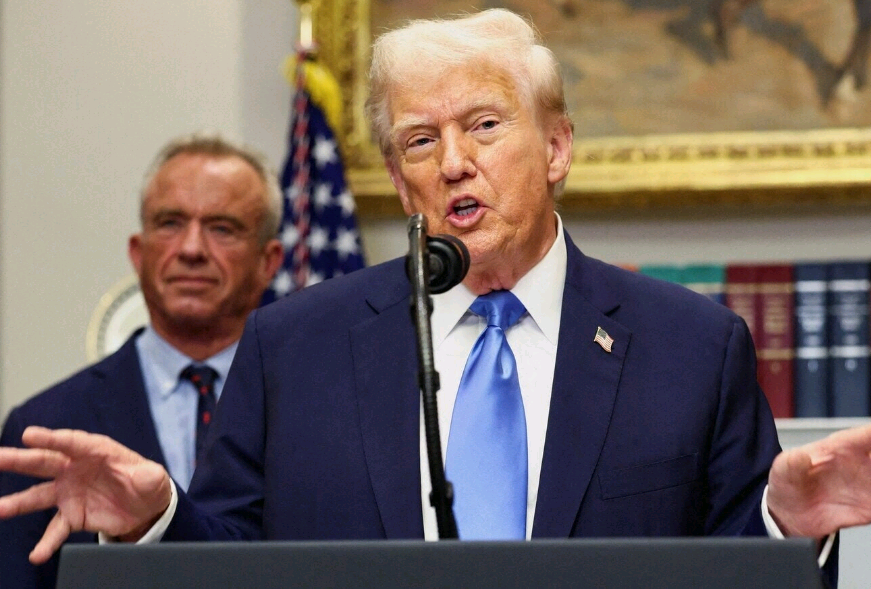
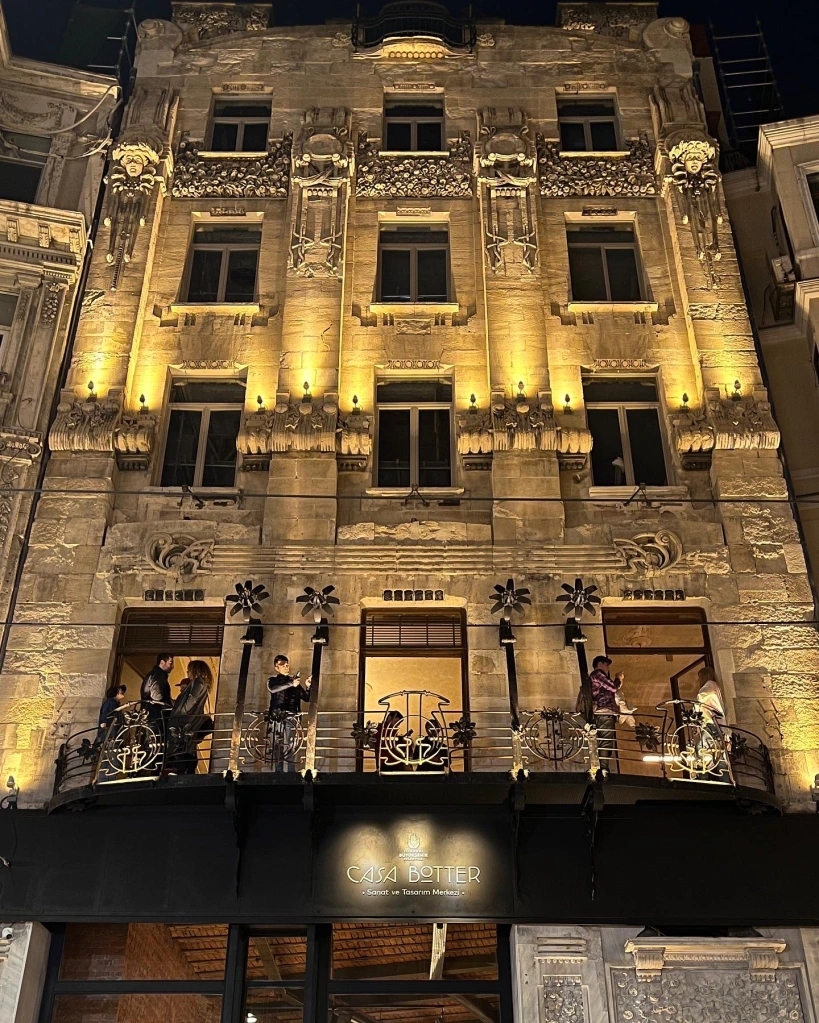

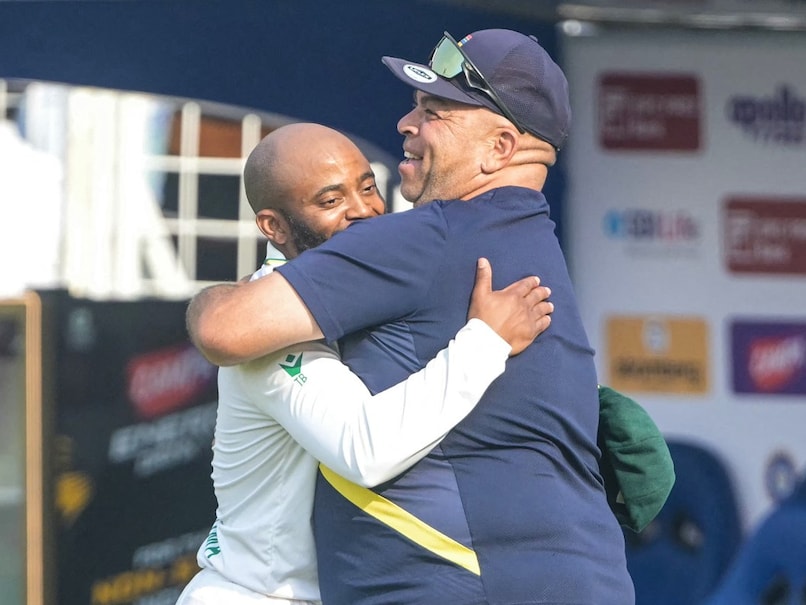
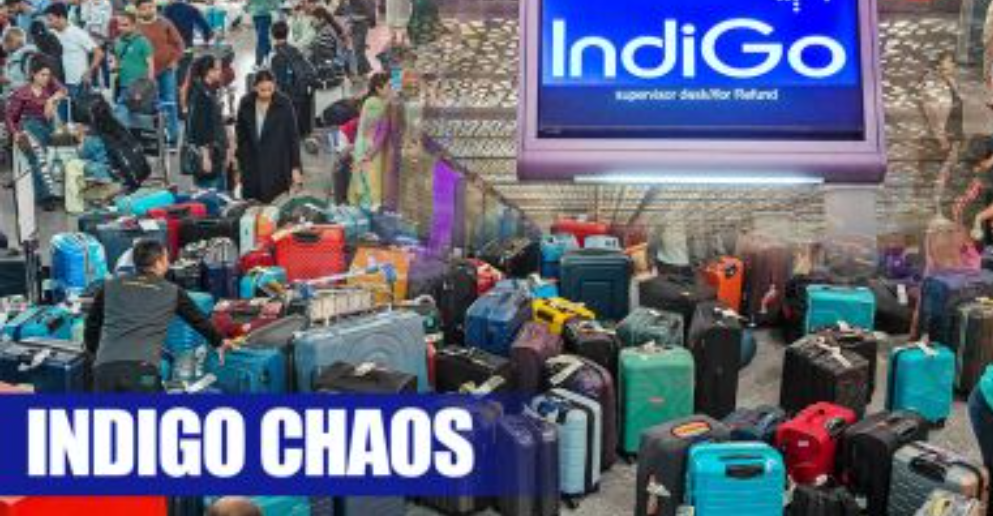
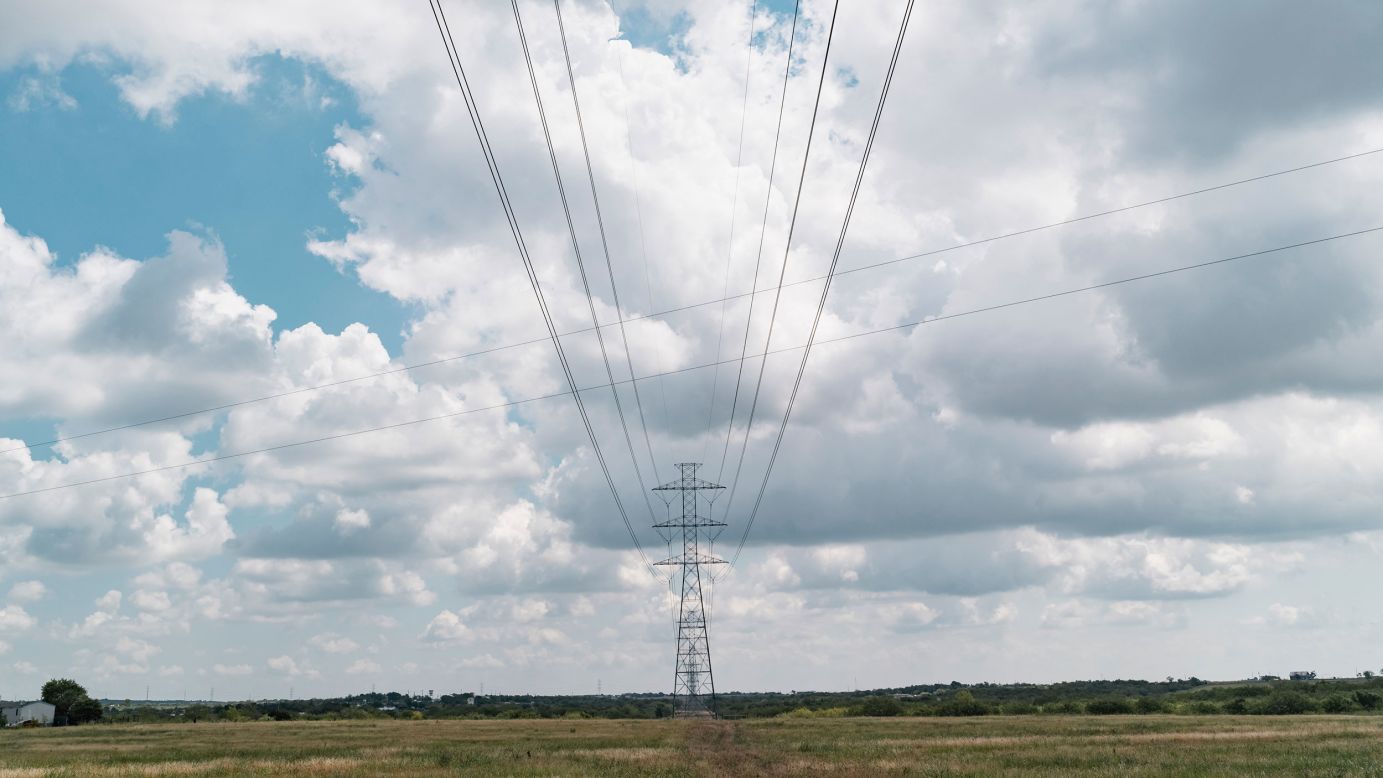


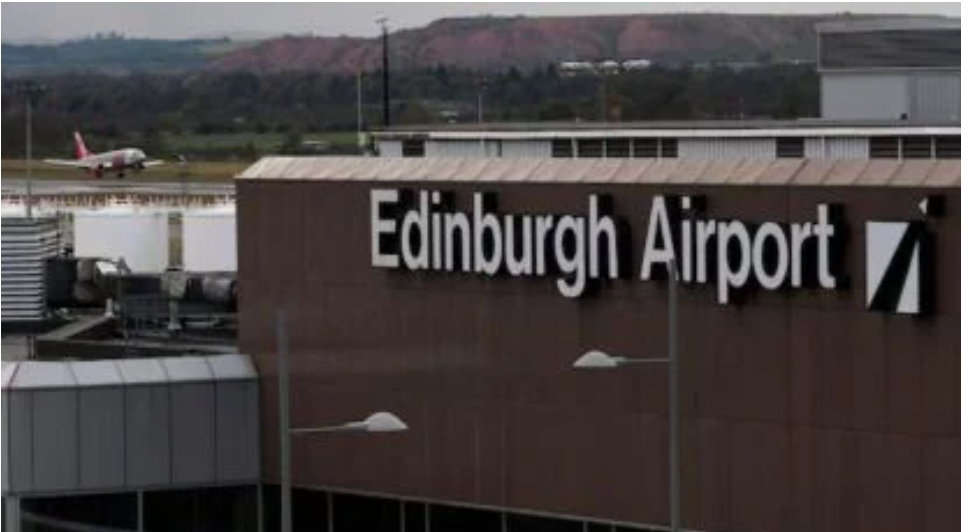

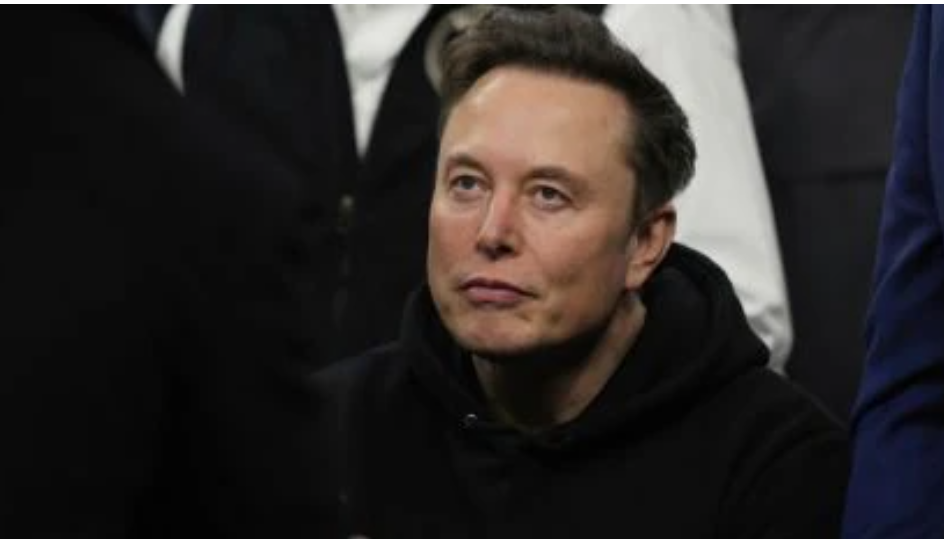
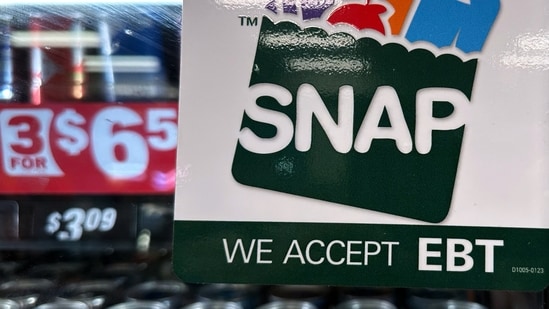
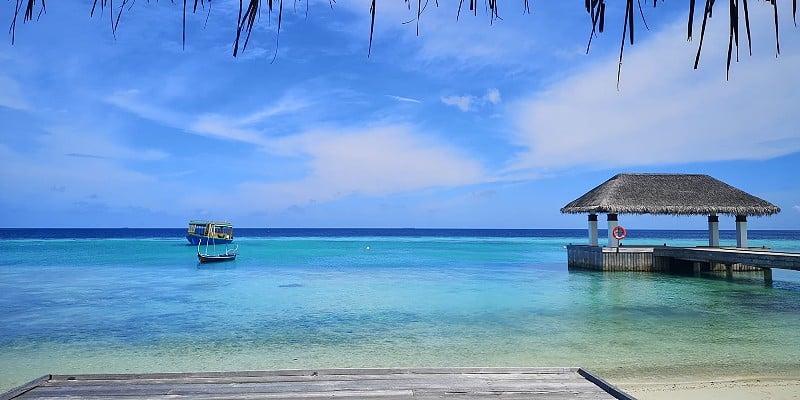
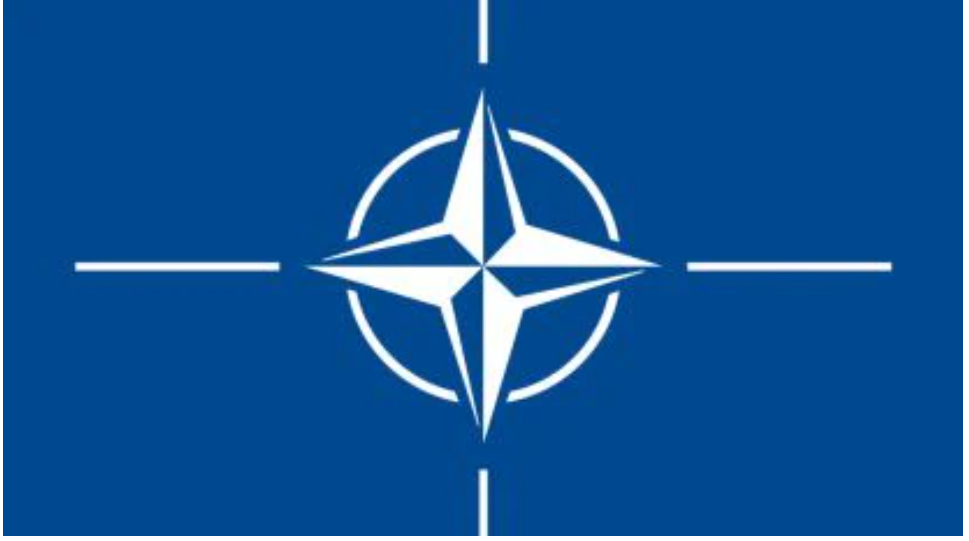


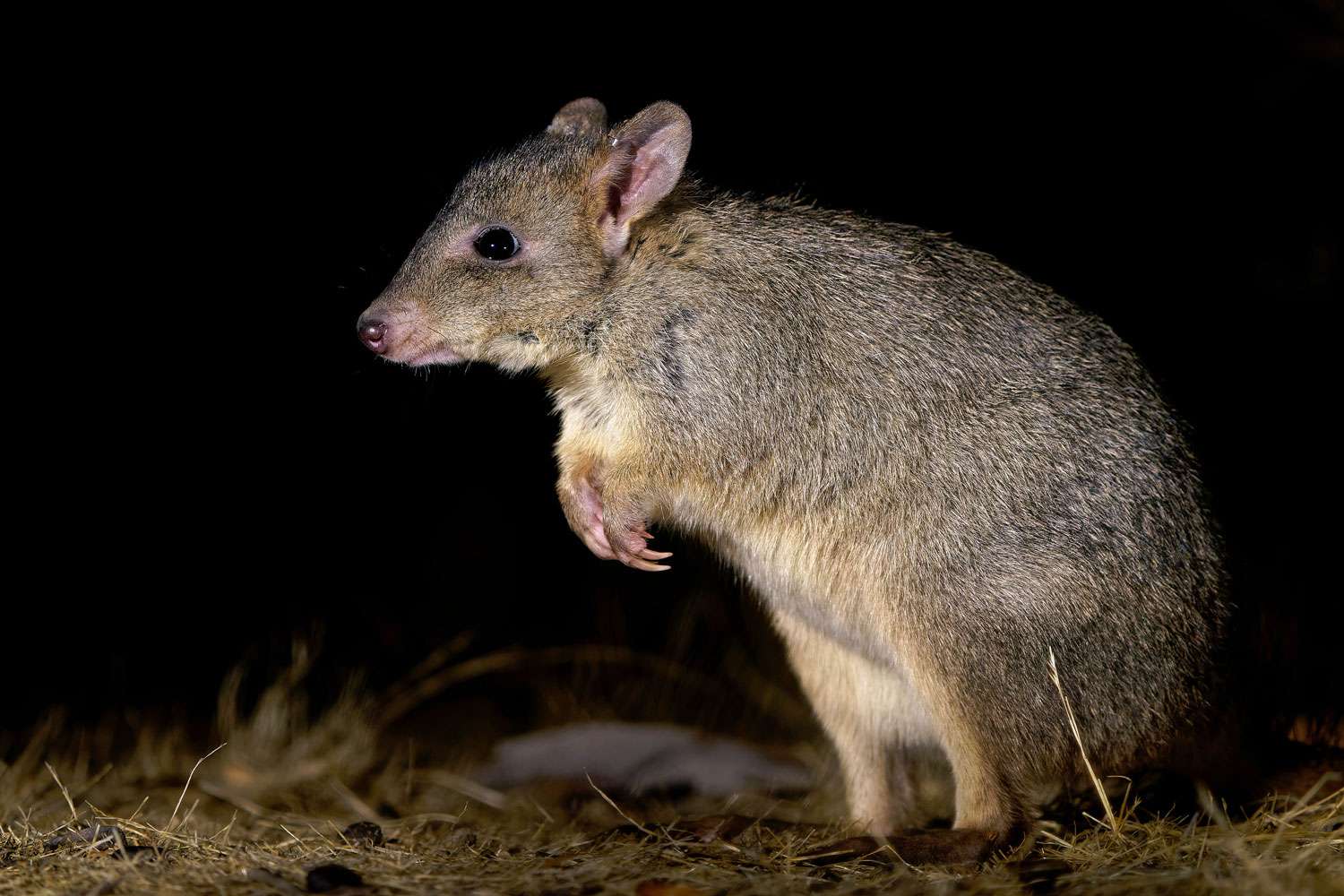

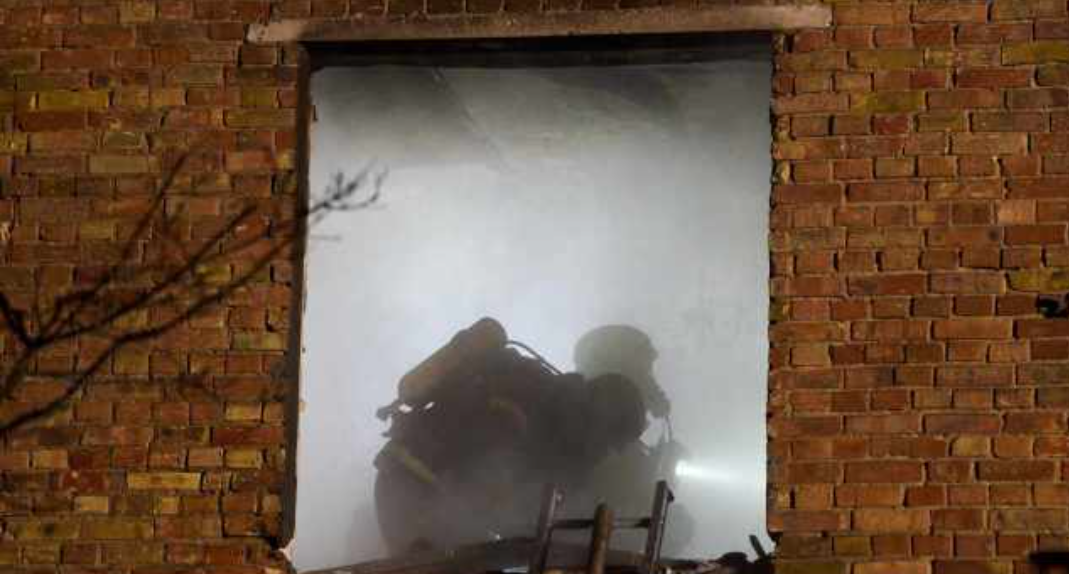
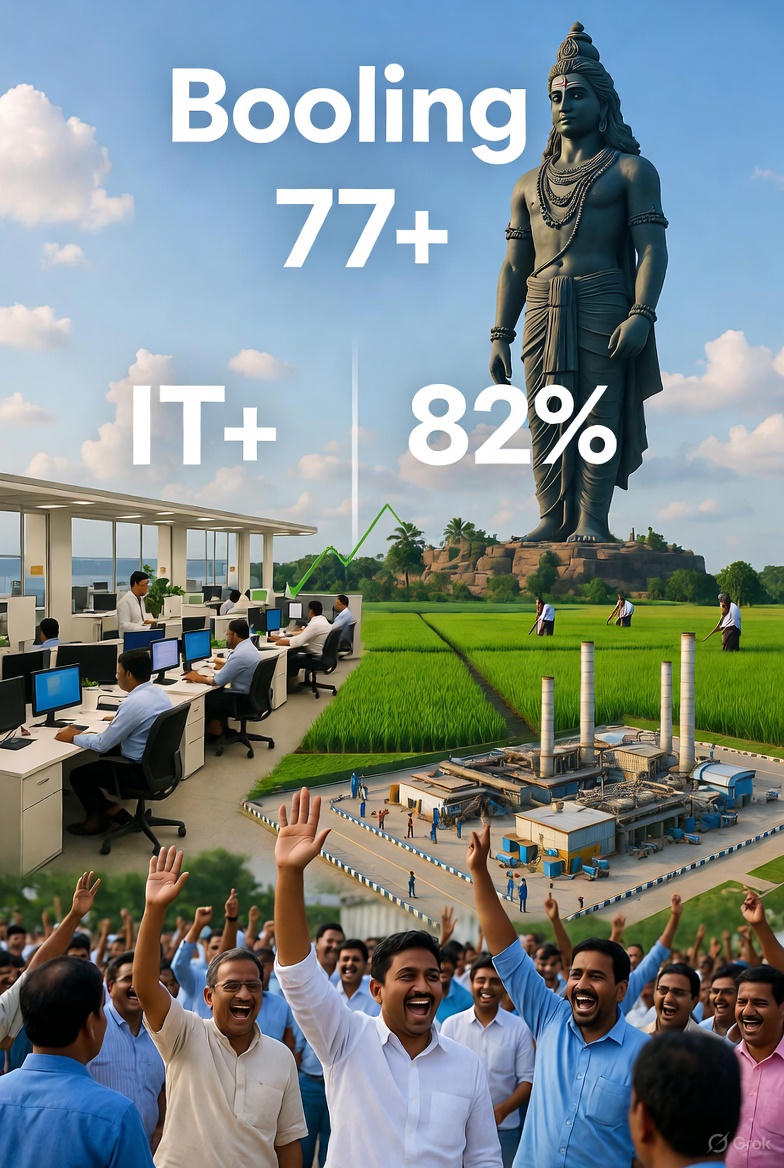





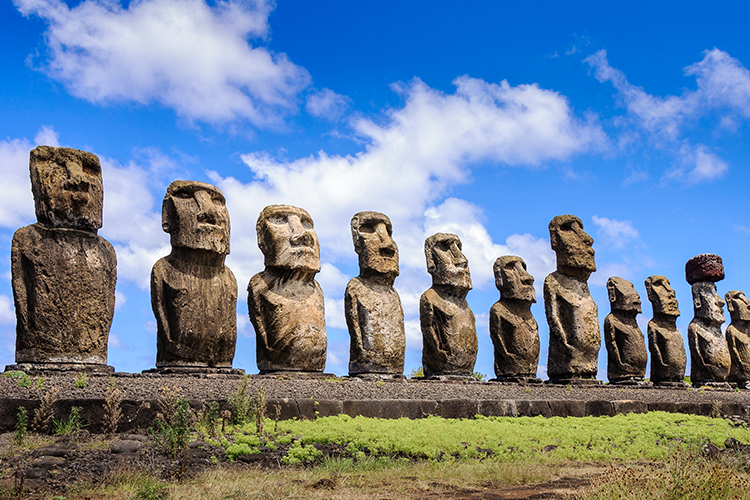
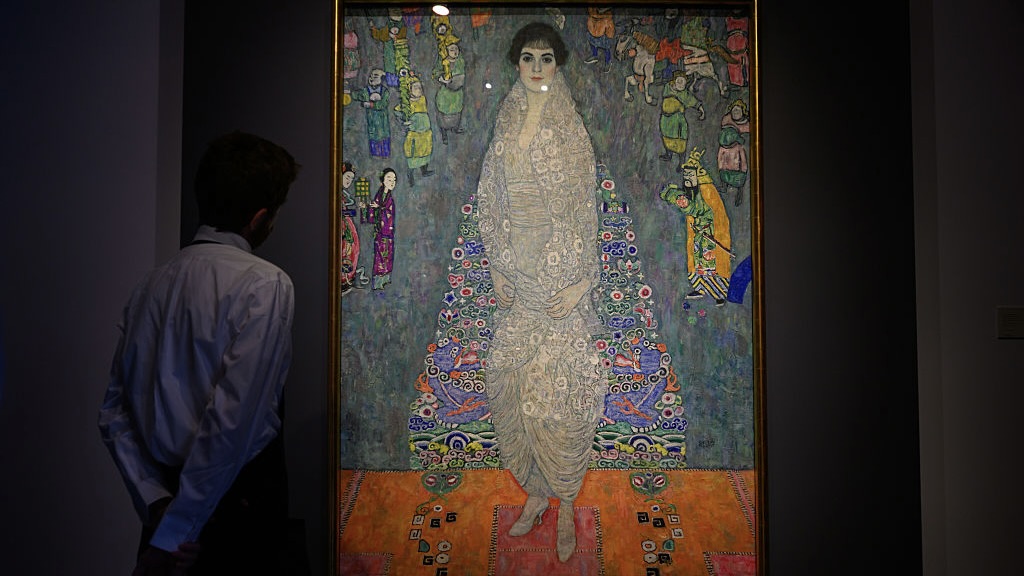
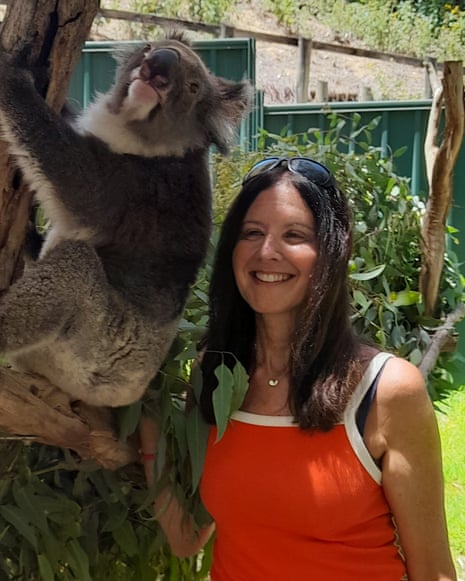
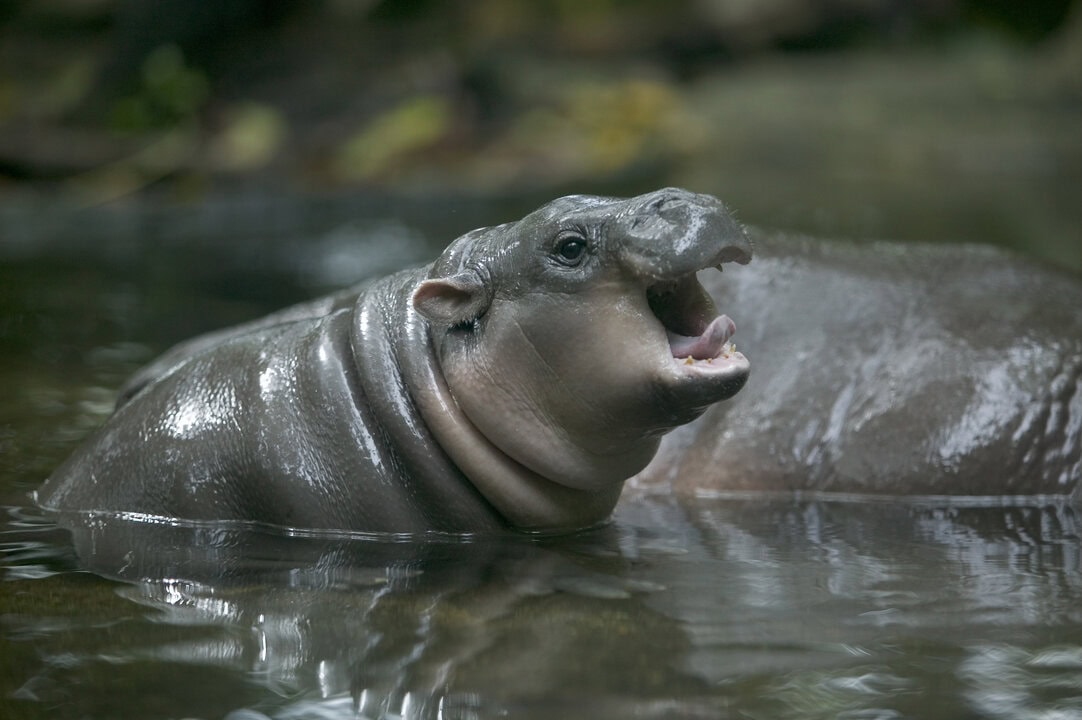


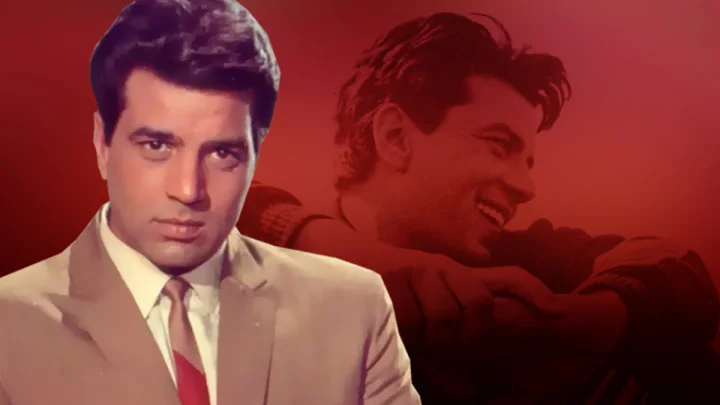
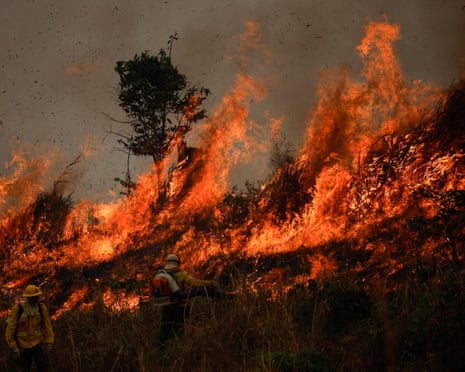
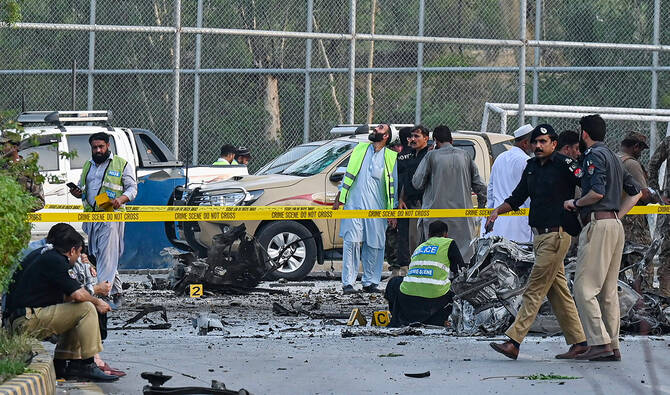


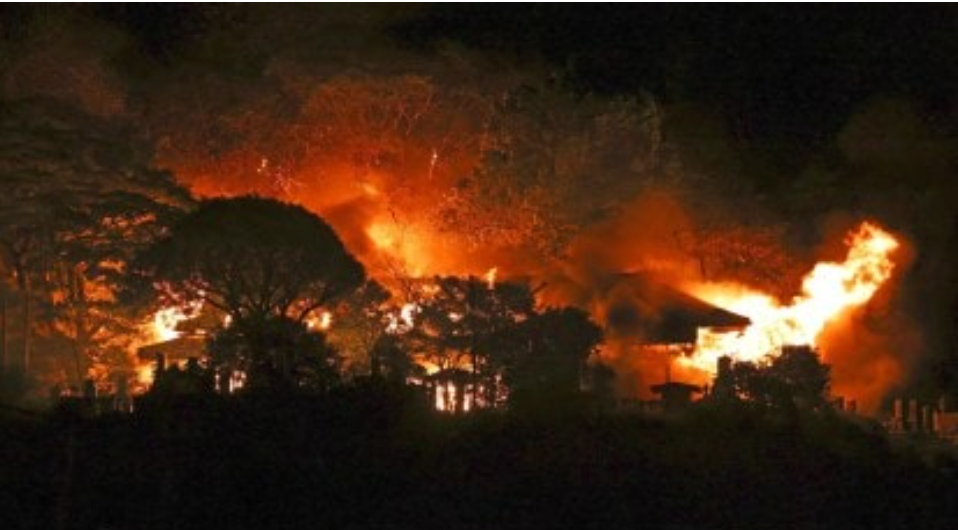

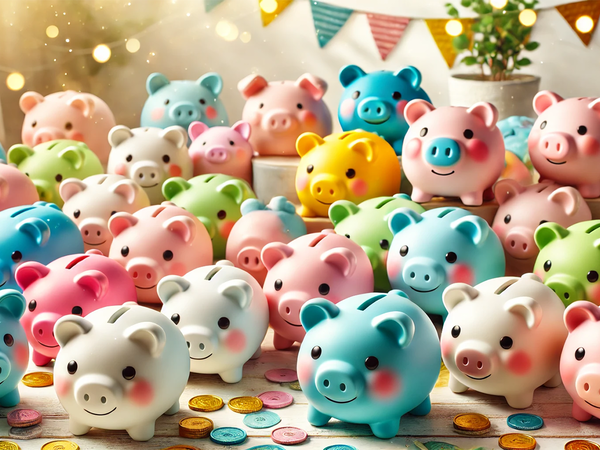
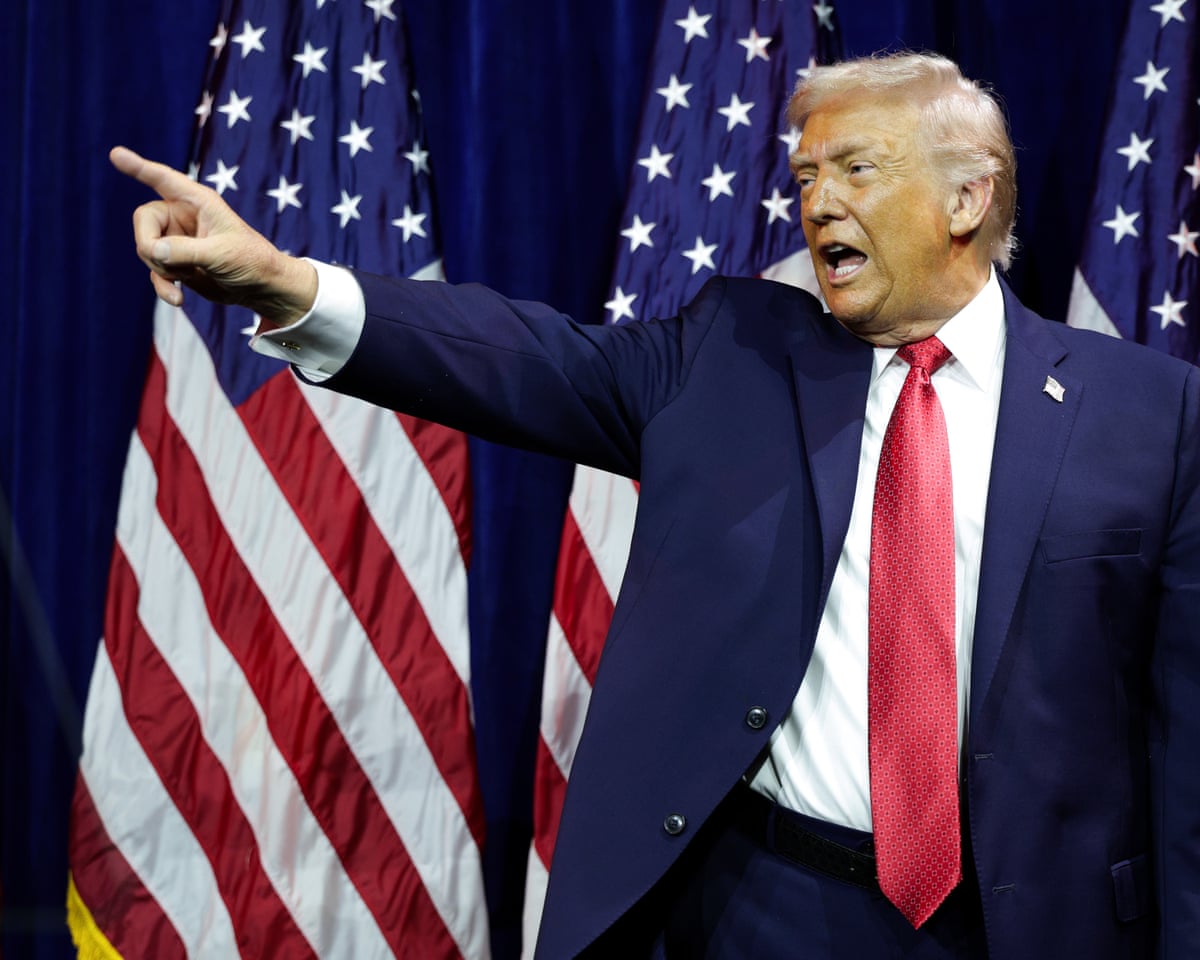
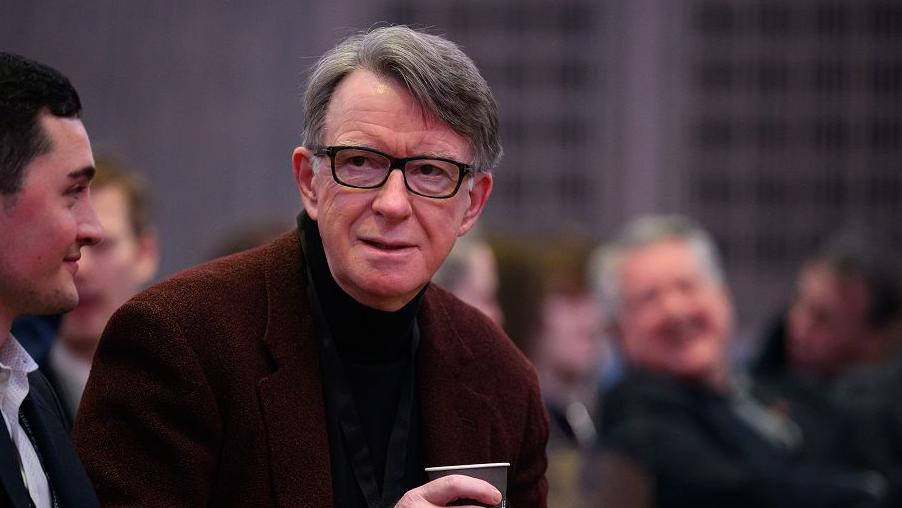
Leave a Reply